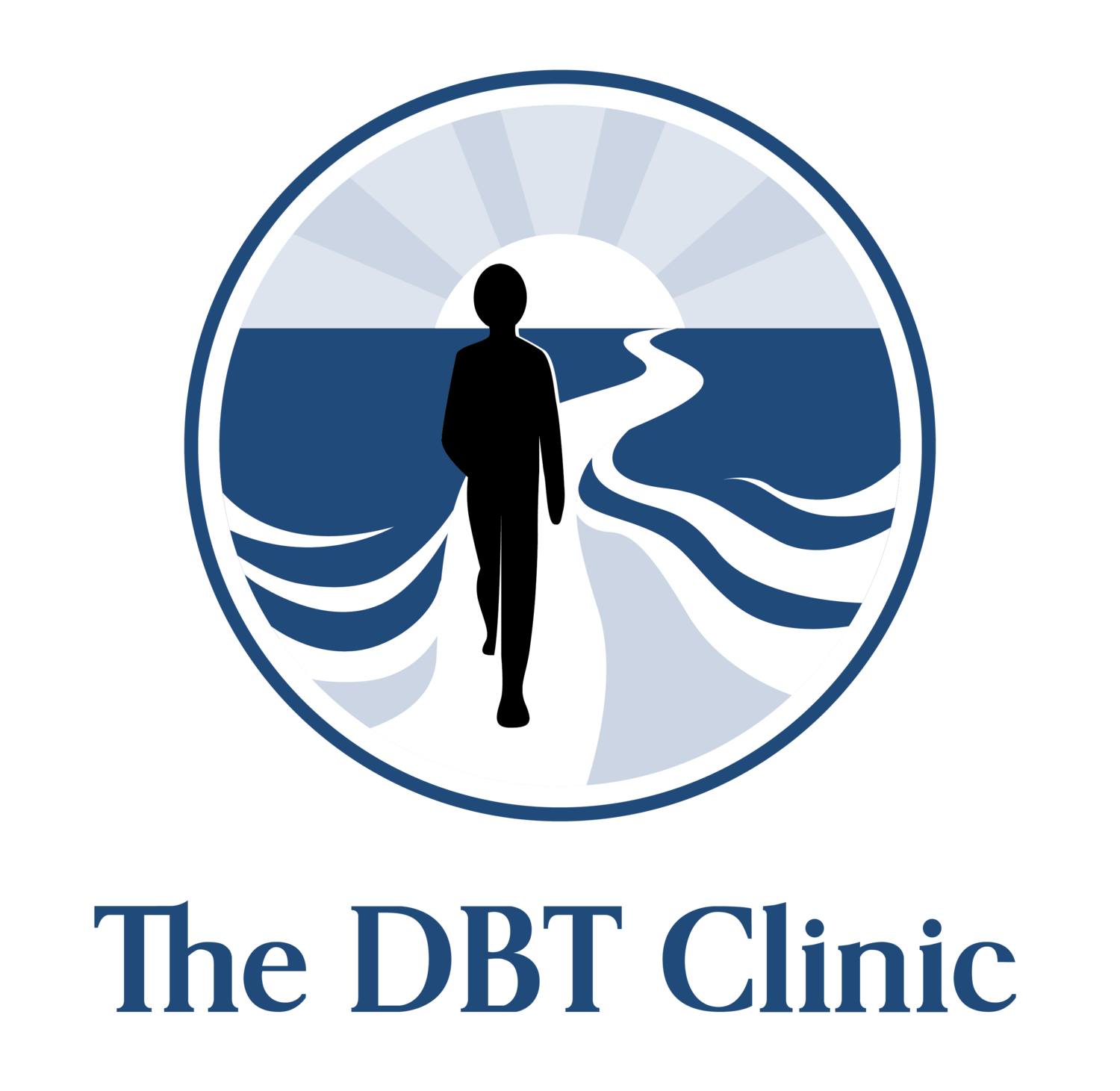What is DBT?
Dialectical Behaviour Therapy (DBT) is an effective psychological treatment for people who struggle with intense emotions. DBT helps people learn to change emotions that are not working well for them, as well as to accept emotions when it is helpful to do so. The core purpose of DBT is to help people improve their lives through a balance of acceptance and change, and ultimately to build what we call “a life worth living.”
DBT is influenced primarily by two approaches to treatment. The first, cognitive-behavioural therapy, involves changing thoughts, emotions, and behaviours that cause problems. The second, mindfulness, involves learning to accept reality and to control the activity of the mind.
DBT was originally developed by Dr. Marsha Linehan at the University of Washington as a treatment to help people who had attempted suicide multiple times. Since then, research has demonstrated that DBT is an effective therapy for a range of different problems. DBT works for people who struggle with problems such as Borderline Personality Disorder (BPD), suicidal thoughts or behaviour, self-harm, substance abuse, eating disorders, anger management, depression, anxiety, impulsive behaviours, and relationship problems.
There are four different components of a DBT program. A truly comprehensive DBT program must include all four of these treatment components. We offer such a program at The DBT Clinic, and therefore provide DBT that is based on the most rigorous scientific evidence available.
1. Individual Therapy
2. DBT Skills Group
3. Phone Coaching
4.Therapist Consultation Team
Components of DBT
Individual Therapy
Clients meet with a therapist once weekly for 50 minutes. During these treatment sessions, therapists help clients to solve problems in their lives and to achieve their treatment goals while also communicating compassion and understanding for clients’ perspectives.
In individual therapy, there is a focus on reducing or eliminating life-threatening behaviours (e.g., suicide attempts; self-harm), behaviours that get in the way of therapy (e.g., lateness; not completing therapy homework), and behaviours that otherwise interfere with the quality of life that clients desire (e.g., substance abuse; impulsive behaviours; mood and anxiety problems). Therapists build a collaborative and genuine relationship with clients, and use a variety of techniques to help clients solve problems and change their lives.
DBT Skills Group
Clients starting DBT often do not have all of the skills for managing their behaviour, thinking, and emotions in effective ways that contribute to the quality of life they want to have. Therefore, an important aspect of DBT is teaching these skills in the context of a group. During groups, clients learn the following skills:
Mindfulness
Skills to control attention, understand oneself and situations better, accept reality, and to bring the mind back to the present moment.Distress Tolerance
Skills to get through a crisis, and to manage extremely difficult emotions without engaging in destructive behaviours that make situations worse.Emotion Regulation
Skills to manage the intensity of emotions in the long run so that there are less painful emotions and more positive emotions.Interpersonal Effectiveness
Skills to make relationships better, and to effectively handle interactions with others.
In our adult DBT program, skills groups are held weekly for 2 hours, include 10 to 12 adult clients, and are facilitated by 2 co-therapists.
In our adolescent DBT program, skills groups are held in a multi-family format. This means that each group includes 4 to 6 adolescents, each of whom is accompanied by a parent or caregiver (for a total of 8 to 12 clients). This format ensures that a family member is present to support each adolescent in their learning and practice of the skills. Adolescent DBT groups are held weekly for 90 minutes and are facilitated by 2 co-therapists. In addition, during adolescent groups only, clients learn skills for Walking the Middle Path. These skills help youth and their parents/caregivers navigate common conflicts and dilemmas that can arise in families.
Phone Coaching
Phone coaching allows clients to receive support between sessions so that they can use skills in situations outside of therapy. Clients have access to their therapist after-hours to help them be as effective as possible in their lives, and to reinforce what they are learning in treatment.
Therapist Consultation Team
DBT therapists work as a team. They meet weekly to provide important feedback to each other so that clients ultimately receive the most effective therapy.








